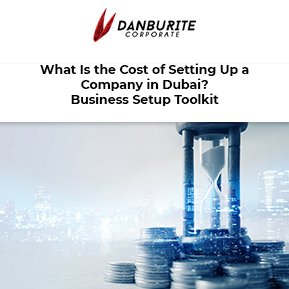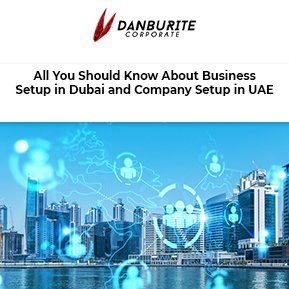Mainland, Freezone, or Offshore? Which one is the better choice for your business?
When contemplating the establishment of a business in the United Arab Emirates (UAE), you are presented with three primary choices: Offshore, Free Zone, and Mainland. Each of these options comes with its unique set of advantages, drawbacks, and appropriateness, which hinges on your specific business objectives and needs. Below, we provide a comprehensive comparison of these three business setup alternatives in the UAE:
1. Offshore Company:
• Advantages:
• Full foreign ownership allowed.
• No personal income tax, corporate tax, or customs duty.
• High level of privacy and confidentiality.
• Ideal for holding assets, international trading, and wealth management.
• Minimal reporting and audit requirements.
• Disadvantages:
• Limited to certain activities (e.g., no local business).
• Cannot operate within the UAE market.
• Requires a registered agent.
• Limited to one shareholder and director for some offshore jurisdictions.
• Suitable For Individuals or businesses looking for asset protection, international trading, or holding investments without conducting local UAE business operations.
2. Free Zone Company:
• Advantages:
• Full foreign ownership allowed.
• Tax benefits, including zero corporate tax for a certain number of years
• Easy company setup process.
• Access to state-of-the-art infrastructure and facilities.
• Disadvantages:
• Limited to conducting business within the specific free zone or outside the UAE.
• Restrictions on the types of activities allowed within each free zone.
• Some free zones have specific share capital requirements.
• Suitable For Businesses planning to operate within a specific industry or trade within a designated free zone area. It's a popular choice for startups, tech companies, and companies with specific industry requirements.
3. Mainland Company:
• Advantages:
• Ability to conduct business anywhere in the UAE, including government contracts.
• No restrictions on the types of activities allowed.
• Access to the local UAE market and government projects.
• There are no restrictions on how many visas you may get.
• More flexible in terms of choosing office locations.
• Disadvantages:
• Generally requires a UAE national (local sponsor) as a partner or service agent in certain business activities.
• May have higher setup costs and ongoing operational expenses.
• Subject to local labor laws and commercial regulations.
• Suitable For Businesses that want to operate and trade directly within the UAE market, including retail, hospitality, and service-based industries. Local partners or sponsors are typically required for mainland businesses.
In conclusion, the choice of setting up a company in the United Arab Emirates ultimately hinges on your company's individual needs, the industry it operates in, and your long-term aspirations. It's imperative to engage in meticulous research, seek guidance from experienced business advisors and legal professionals, and carefully evaluate various factors such as ownership structure, taxation implications, operational flexibility, and the extent of your business activities.
Furthermore, staying abreast of evolving regulations is essential, given that the UAE government periodically updates its business policies. By staying well-informed and making well-considered decisions, you can navigate the intricacies of the UAE's business landscape and select the most suitable business setup option to support your company's growth and success.
Danburite Corporate Services is your key partner for establishing and managing your UAE business, whether on the mainland, in an offshore location, or within a free zone. Their support includes expert guidance, administrative assistance, ensuring legal compliance, document preparation, government liaison, location selection, ongoing operational support, and keeping you updated on regulatory changes. By enlisting Danburite's expertise, you ensure a smooth and successful venture, regardless of your chosen business setup in the UAE.






























